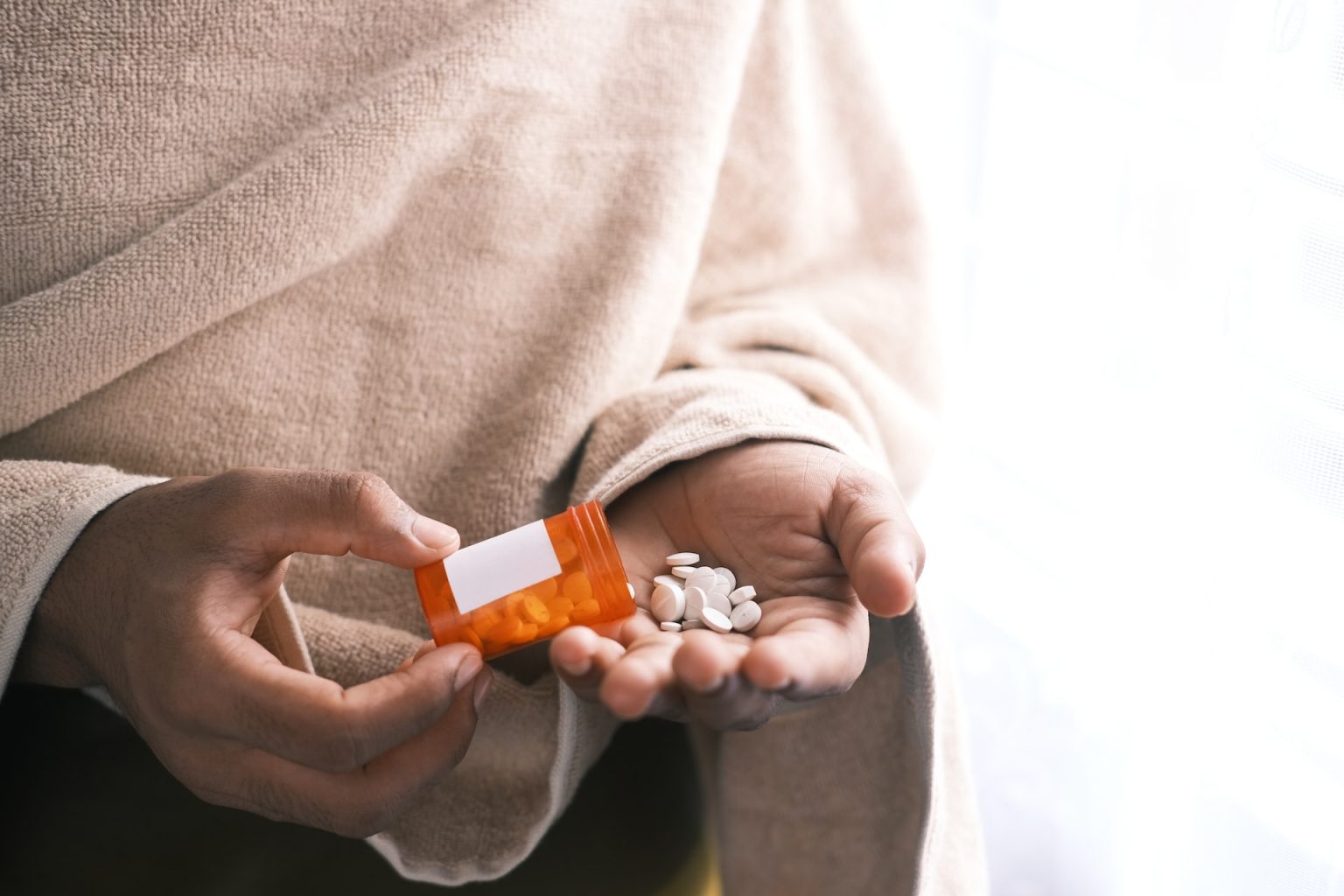Prescription stimulant abuse is a growing problem that affects people of all ages and backgrounds. Stimulants such as Adderall, Ritalin, and Vyvanse are commonly prescribed for attention deficit hyperactivity disorder (ADHD). However, they are also used recreationally to enhance focus, alertness, and productivity.
However, prolonged use and misuse of prescription stimulants can lead to addiction, withdrawal, and other health problems. If you or someone you know is struggling with prescription stimulant abuse, seeking professional help from a rehab center can be life-changing.
What You Should Know About Rehab for Prescription Stimulant Abuse
The first thing to know is where to find rehab in America. Afterward, you need to research what Rehab for Prescription Stimulant Abuse is and how it is done. Here are some key things to know about rehab for prescription stimulant abuse:
- Rehab Programs Are Tailored to Individual Needs
Rehab programs for prescription stimulant abuse vary depending on the severity of the addiction, the person’s medical history, and personal goals. Some people only need outpatient treatment, while others require more intensive inpatient care. Rehab centers can work with individuals to develop a personalized treatment plan that meets their needs and circumstances.
- Medical Detoxification May Be Necessary
Prolonged prescription stimulants can lead to physical dependence, meaning the body has become accustomed to the drug and needs it to function normally. When someone stops using stimuli, they may experience withdrawal symptoms such as fatigue, depression, anxiety, and cravings. In some cases, medical detoxification may be necessary to safely manage withdrawal symptoms and ensure that the person is stable before moving on to other forms of treatment.
- Behavioral Therapies Are a Cornerstone of Treatment
Prescription stimulant abuse is often rooted in underlying emotional, psychological, or social issues. Behavioral therapies enable individuals to identify and address the underlying factors contributing to their drug use. These therapies can also teach coping skills and strategies for managing triggers and cravings.
- Medications May Be Used as Part of Treatment
No medications are specifically approved for treating prescription stimulant abuse. But some medications are used to manage specific symptoms or co-occurring conditions. For example, antidepressants may be prescribed to treat depression or anxiety, while medications such as bupropion help to reduce cravings and withdrawal symptoms.
- Support and Aftercare Are Essential for Long-Term Success
Rehab is just one step in recovering from prescription stimulant abuse. After completing a rehab program, individuals need ongoing support and care to maintain sobriety and prevent relapse. It may include attending support groups such as Narcotics Anonymous, participating in individual or group therapy, and making lifestyle changes that promote health and well-being.
What Are the Benefits of Rehab for Prescription Stimulant Abuse?
Rehab for prescription stimulant abuse can offer patients a wide range of benefits. Some of the most notable benefits include:
- Professional Medical Supervision
Rehab facilities have professionals specializing in addiction treatment. The patients receive high-quality care tailored to their specific needs.
- Peer Support
In rehab, patients can connect with others facing similar struggles. It can be incredibly supportive and help patients feel less alone in their journey toward recovery.
- Therapy and Counseling
Rehab programs typically include individual and group therapy sessions and counseling. These sessions help patients identify the causes of their addiction and develop healthy coping strategies for dealing with triggers and stressors.
As you can see, prescription stimulant abuse can adversely affect your health, relationships, and quality of life. Seeking help from a rehab center can provide individuals with the tools, support, and resources they need to overcome their addiction and reclaim their lives. If you or someone you know is struggling with prescription stimulant abuse, please reach out for help today.

